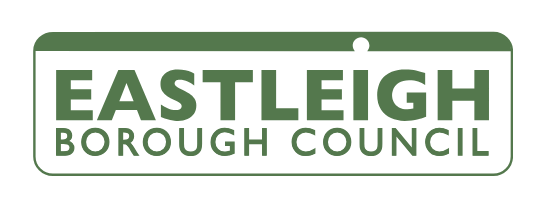By Georgia Ilouno – Service Delivery Manager – Liberata
The debt recovery landscape is evolving, driven by new technologies that enhance effectiveness and efficiency. With rising financial pressures on organisations, and increasing expectations for a fair and customer-centric approach to collections, traditional debt recovery methods are being redefined.
Artificial Intelligence (AI) is revolutionising the debt collection industry, ushering in a new era of efficiency and innovation. Some key highlights of this transformation include:
- Predictive analytics enabling smarter account segmentation
- Automated interactions providing round-the-clock customer support
- Personalised payment plans tailored to boost recovery rates
- Real-time compliance monitoring to mitigate risks
By harnessing the power of AI, organisations can streamline their debt recovery processes, improve decision-making, reduce costs, and elevate customer experiences.
Debt recovery is changing now, and it’s more intelligent than ever.
AI in debt recovery operations
Organisations are evolving their quality frameworks, increasingly leveraging AI in back-office operations to drive essential changes that significantly enhance Revenue Cycle Management (RCM) and billing automation. These advanced technologies automate repetitive tasks, analyse vast datasets, and improve financial outcomes and operational efficiencies.
By automating complex processes, AI empowers billing staff to focus on strategic tasks that demand human intervention, optimising workflows, and reducing errors.
Propensity to pay behaviour indication
Effective Accounts Receivable (A/R) management is vital for maintaining healthy cash flow and ensuring financial stability across both private and public sectors. AI platforms provide detailed insights into customer financial responsibilities and collection rates, analysing trends over time to identify areas for improvement.
Using predictive analytics, AI can enhance collections by forecasting payment behaviours upfront. This capability allows debt recovery teams to tailor their communications and financial conversations with customers.
By embracing AI, billing teams can revolutionise their approach to monitoring and managing A/R, preventing revenue shortfalls that negatively impact cash flow. Integrating AI in debt recovery processes significantly enhances efficiency, compliance, overall financial performance and customer satisfaction.
Transformational outcomes
Artificial Intelligence is at the forefront of transformation within the debt recovery industry. It offers powerful tools that enable more intelligent decision-making, automated key processes, and personalised interactions with debtors. By leveraging AI, organisations can not only improve recovery rates but also reduce costs, ensure compliance, and provide a better customer experience. Debt Assist, from Liberata, uses AI to help organisations achieve these outcomes. Find out more about Debt Assist here.
About Georgia Ilouno
Service Delivery Manager | Debt Assist | Liberata
I am passionate about leading diverse teams and delivering high-quality debt services to public sector clients, corporations, and financial institutions. My focus is on driving continuous improvement to exceed service expectations and strengthen client relationships.

I am committed to advancing our company’s debt services by identifying new business opportunities, adapting to market needs, and leveraging innovation for growth. A firm believer in process optimisation and team empowerment, I work to align talent with a shared vision of excellence and accountability.
By embracing AI and advanced technologies, I drive the integration of automation and data-driven insights to streamline operations, optimise costs, and maximise financial outcomes for our clients. Leveraging AI’s full potential, we ensure our services remain agile, efficient, and resilient, keeping us ahead of industry challenges and reinforcing our leadership in the evolving debt recovery landscape.





